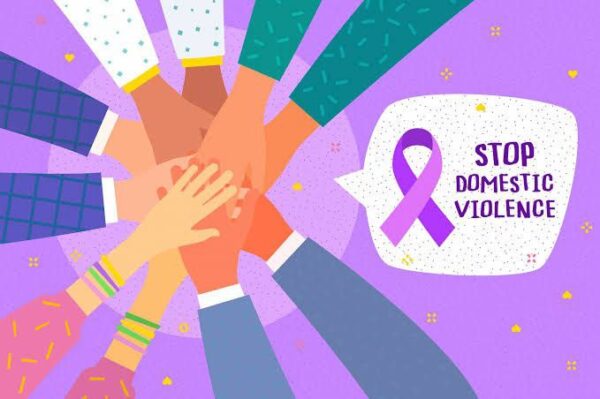How Mental Stress Can Lead to Domestic Violence?
In recent years, the topic of domestic violence has garnered significant attention in the UK. While the severity and complexity of this issue are undeniable, it is essential to shed light on a lesser-explored aspect: the often-overlooked connection between mental stress and domestic violence. This article will delve into the intricate relationship between the two and explore the ways in which mental health struggles can contribute to violent behaviour.
It is crucial to acknowledge that domestic violence is a multifaceted issue, often stemming from a combination of factors, including societal pressures, power imbalances, and individual psychological dynamics. However, research suggests that mental stress plays a significant role in the development of violent behaviour. When individuals are experiencing heightened levels of stress, anxiety, or depression, their coping mechanisms may become compromised, leading to increased irritability and aggression.
Studies have shown that individuals with mental health disorders, such as post-traumatic stress disorder (PTSD), depression, or anxiety disorders, are more likely to engage in violent behaviour. This is not to imply that mental health struggles excuse or justify domestic violence; rather, it highlights the importance of addressing the root causes of violent behaviour.
The impact of mental stress on domestic violence can be seen in various ways:
- Escalation of conflict: Mental stress can exacerbate existing conflicts, leading to an increase in verbal and physical aggression.
- Lack of emotional regulation: When individuals are struggling with mental health issues, they may struggle to regulate their emotions, leading to impulsive reactions and violent outbursts.
- Isolation and feelings of helplessness: Mental stress can lead to feelings of isolation and helplessness, further increasing the likelihood of violent behaviour as a means of coping with these emotions.
It is essential to note that domestic violence is not solely a product of mental stress; other factors such as societal pressures, gender roles, and power imbalances also play a significant role.
In addressing domestic violence, it is crucial to adopt a holistic approach that acknowledges the complex interplay between mental health, societal factors, and individual circumstances. This may involve:
- Mental health support: Providing access to mental health services and resources for individuals experiencing mental stress can help reduce the likelihood of violent behaviour.
- Educational initiatives: Promoting healthy relationship dynamics and addressing societal norms that perpetuate gender-based violence can help prevent domestic violence.
- Counseling and therapy: Offering counseling and therapy services specifically designed for individuals with mental health struggles can help them develop healthier coping mechanisms and improve emotional regulation.
In conclusion,
while mental stress is not the sole cause of domestic violence, it is an important contributing factor that must be acknowledged and addressed. By acknowledging this link, we can work towards developing more effective strategies for preventing and addressing domestic violence.
References:
- National Domestic Violence Hotline (2020). The Connection Between Domestic Violence and Mental Health. Retrieved from https://www.thehotline.org/is-this-abuse/the-connection-between-domestic-violence-and-mental-health/
- World Health Organization (2018). Violence Against Women: The Link with Mental Health. Retrieved from https://www.who.int/news-room/fact-sheets/detail/violence-against-women-the-link-with-mental-health
- National Institute of Mental Health (2020). Domestic Violence and Mental Health. Retrieved from https://www.nimh.nih.gov/health/topics/domestic-violence-and-mental-health/index.shtml
Websites:
Britmed Healthcare: https://britmedhealthcare.co.uk/
Nightingale Hospital: https://www.nightingalehospital.co.uk/
Top Doctors: https://www.topdoctors.co.uk/doctor/ahmed-el-missiry
You can also book, Contact us on WhatsApp 0800970801




